ORNL to lead new EFRC focused on polymer electrolytes for energy storage
Green Car Congress
AUGUST 31, 2022
The Department of Energy’s Oak Ridge National Laboratory has been selected to lead an Energy Frontier Research Center (EFRC) focused on polymer electrolytes for next-generation energy storage devices such as fuel cells and solid-state electric vehicle batteries.


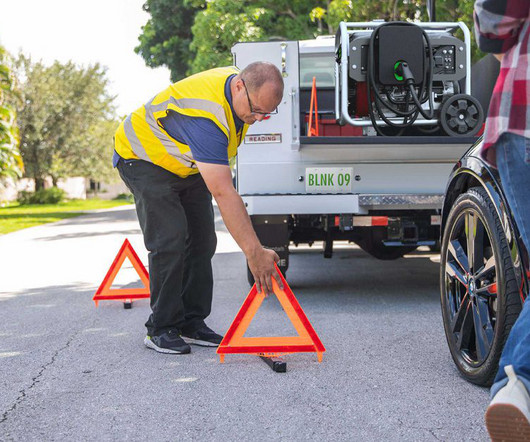
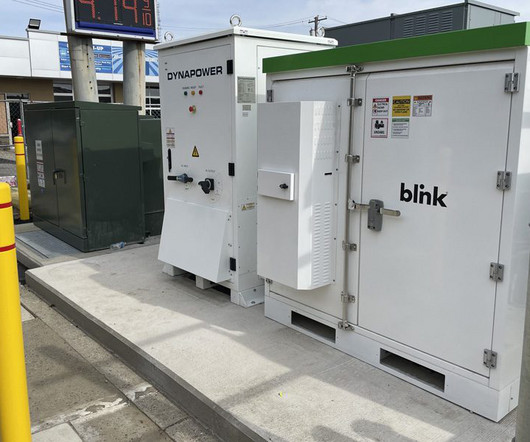








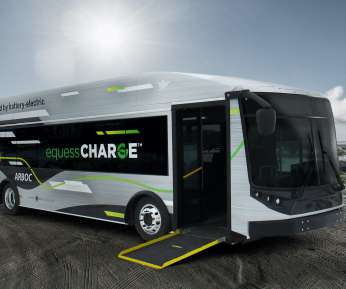



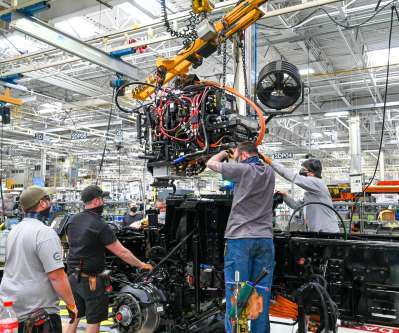



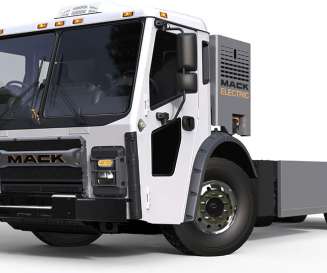










Let's personalize your content